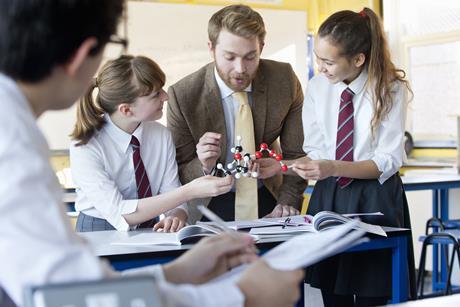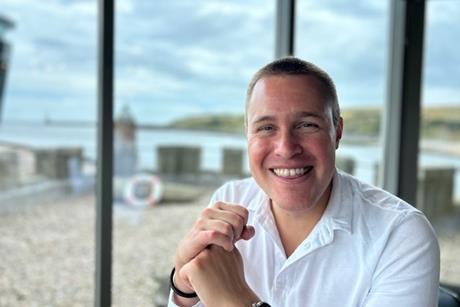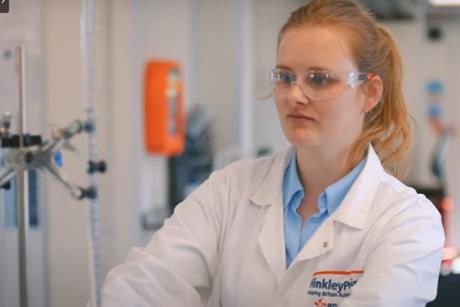Do I need chemistry to …
Do I need chemistry to study medicine, dentistry, pharmacy, dietetics or become a forensic science or vet?
… study medicine?
Most university courses require an A-level (or equivalent) in chemistry if you want to study medicine. Biology, physics and maths are also recommended. Very good grades are certainly needed and relevant work experience will significantly increase your chances of gaining a place on a medicine degree course.
Find out more about why chemistry is important for studying medicine
… become a dentist?
Normally chemistry and biology are required at A-level (or equivalent) if you wish to study dentistry. Studying maths and physics will also put you in a strong position.
Find out more about why chemistry is essential for studying dentistry
… become a vet?
The qualifications needed to become a veterinary surgeon require chemistry at A-level (or equivalent), along with A-levels in biology or mathematics.
…become a forensic scientist?
An A-level (or equivalent) in chemistry and/or biology is normally required. This course provides a firm grounding in the laboratory techniques and analytical skills required. Ensure that the degree has enough lab time and chemistry content to satisfy future employers.
… become a pharmacist?
Chemistry A-level (or equivalent) is an entry requirement for many pharmacy courses, and is preferable for all institutions.
Many people confuse pharmacy with pharmacology. Pharmacists are involved in the dispensing of medicines and learn not only about the effects of different medicines and how they interact, but also about regulations related to dispensing. Pharmacologists study the effects of chemical compounds on humans and animals. They may work in clinical trials but often work as part of a research team developing new medicines.
Find out more about why chemistry is essential for studying pharmacy
… become a dietitian or nutritionist?
Taking A-Level (or equivalent) chemistry, biology and maths are essential if you want to study dietetics.
Details of current entry requirements for all of the above courses can be found on the UCAS website.
Find out more about the need to understand chemistry as a dietitian
LATEST JOB PROFILES
Tender and contract manager
Adam uses his chemistry knowledge to help win business for his company.
Peptide chemistry apprentice
Christina uses chemistry to make medicines work better and help more people.
Chemistry engineer, nuclear
Beth monitors the water quality at the construction site of a new nuclear power plant











